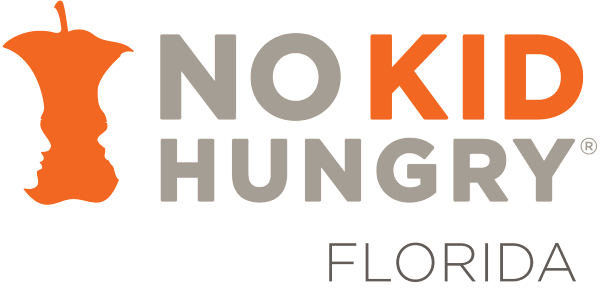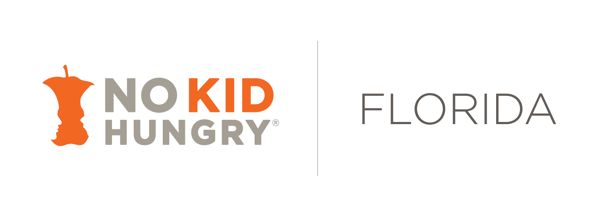All across Florida, kids are headed back to school. Unfortunately, thousands of those students will re-enter the classroom struggling with hunger, making it harder to start the school year ready to learn. School meal programs play a crucial role in ensuring Florida’s students get three meals a day and have the nutrition they need to thrive in and out of the classroom.
Unlike during the pandemic, many Floridian families must submit an application form to their school to determine if their kids are eligible for free or reduced price meals. School meals are a healthy, convenient option for busy families and they can also go a long way in helping make ends meet.
Beyond ensuring kids get school meals, school meals applications may qualify families for additional benefits, like discounted exam fees and college applications, extracurriculars, scholarship opportunities, and even home wifi. They can also help your child’s school secure additional classroom resources that will support all students’ education.
Some schools or districts may participate in the Community Eligibility Provision (CEP), which allows schools to offer no-cost meals to all of their students. You can check if your school participates in CEP through the Food Research Action Center’s CEP Database. If your school participates in CEP, they might collect Alternative Income Forms, which help collect student information for programs and funding sources.
School nutrition teams are excited to welcome kids back to the cafeteria, but they too are contending with the increased cost of food, which has made it more expensive to feed kids. School nutrition departments are reimbursed for each meal that they serve, so when more kids participate in the school meals, it helps strengthen the programs in Florida for all students.
Here are two ways you can help:
- If you have school aged kids, be sure you go to your school district’s website to fill out the school meal application or get a paper form from your school.
- Spread the word! This free toolkit provides template materials to get the word out about school meal applications, including social media graphics and posts, newsletter blurbs and more, in both English and Spanish.
After all, when it comes to school supplies, nutritious school meals are as important to students’ learning as notebooks and pencils.





